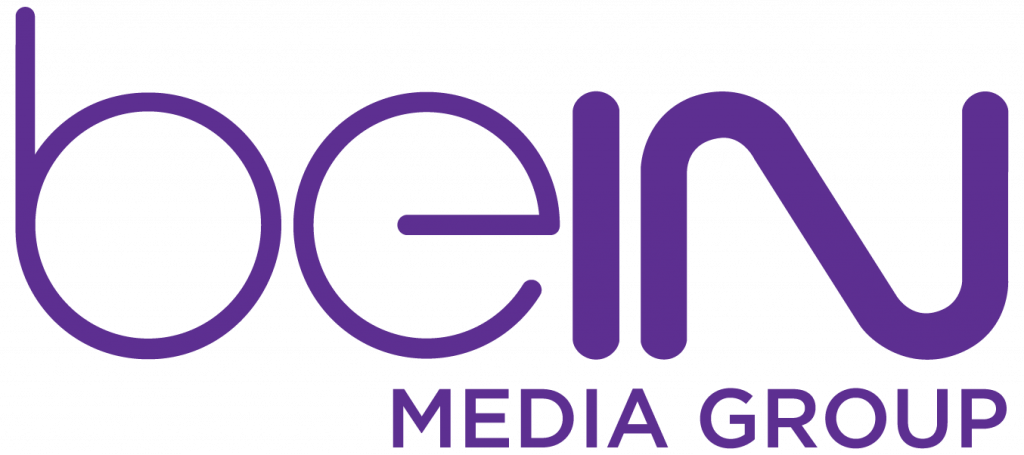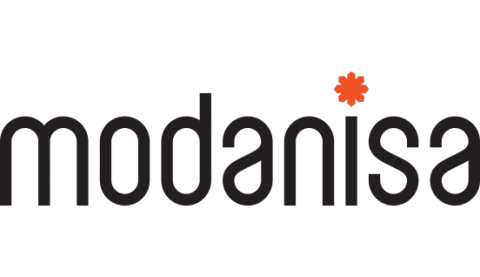Intertech | Test Automation Case Study
Testinium2023-05-04T10:37:25+03:00General Information About Intertech
Intertecha was founded in 1987 as serving solution for finance industry
Head Office in Istanbul
1000+ employees worldwide
Intertech provides Information Technology services to the financial industry. With their 30 years of expertise in the Finance sector, Intertech offers these services in over 40 financial institutions. Introducing and expanding the test automation and quality culture in finance sector is harder compared to other sectors, because of the outdated technologies commonly used specifically in this sector. For Intertech, test automation and quality culture have become crucial success KPIs since they serve their customers with a single code infrastructure.

Since the day it has been established, Intertech has developed four core banking platforms used in many domestic and international banks and expanded its product range using its experience. As well as providing financial application products, the company offers customer relationship management, business process management, data mining, business intelligence & digital channels, infrastructure management and payment systems for various products. Today, its products are used mainly in Europe and MEA countries.
Challenges
The most challenging issues we faced in this cultural conversion project were lack of test data due to information security policies, collaborated services with different companies, high number of incoming calls during the day, unexpected change of priorities and poor understanding of product teams of test
automation and quality.
Waterfall methodology was applied in the projects and there was a short amount of time for testing. In terms of the test culture, testing was only the responsibility of a particular person or group. Product teams did not have a specific test scope, test plan and regression test set, and setting up a test scope was considered as an unnecessary workload.
Solutions
We formed/generated a 4-stage plan to overcome these problems. In the beginning, we initiated the DevOps process, then continued by converting the process to Agile. By determining and prioritizing our team’s duties, we started testing and quality transformation process.
In order to improve code quality, we guided teams to dissolve issues in SonarQube projects on a sprint basis and to analyze the code written by each developer in the team by installing the SonarLint plug-in to its IDE. In this way, we ensured that the code quality in the projects increased continuously. We also defined a specific quality gate for each project, ensuring that no bugs or technical debts were allowed in the newly written code. Today, there are no critical or blocker bugs left in most of the projects and the number of problematic issues in the projects continues to
decrease regularly.
Test data generation and virtualization services were written for solving test data problems and reducing dependence on the third parties.
Apart from all this, the most challenging issue for our team was that product teams did not adopt the test & quality process and saw it as an unnecessary workload. We followed two methods to overcome this; we first determined the level of each team by creating test automation and quality maturity levels.
Secondly, we prepared road maps specific to the team structure by working together with product teams. In order to motivate product teams in this process and make this process more fun, we turned it into a gamified process.

Results
Test automation & quality process were adopted as a core company culture. Product teams acknowledged the importance of adopting the test automation & quality culture.
Monolithic projects have been transformed into micro-service architecture and eventually a modern architecture was established. The environment became also suitable for writing unit tests and integration tests. We have achieved 80% code coverage in these projects. All the teams we worked with had a regression plan and they ran these plans on every sprint. All pre-written UI tests ran regularly with our Testinium product. In many projects, bug and vulnerability scores have been reset or decreased to almost zero. Thanks to the quality gates which were specifically defined for projects, the increase in technical debt and the arrival of new bugs were prevented. As a result of CI / CD processes, all of our projects were automatically tested after they were built.
Testinium
Testinium started its journey in 2009 as an IT company, later specialized in software test automation solutions for mobile, web and desktop applications to ensure great digital experiences with the highest quality. Testinium is an advanced test automation product offered on cloud and on-premises deployment which utilizes Selenium and Appium libraries and is optimized for Mobile, Web and Desktop testing. Testinium offers an execution platform for your automated scripts with an extensive real mobile device farm and browser variation.









